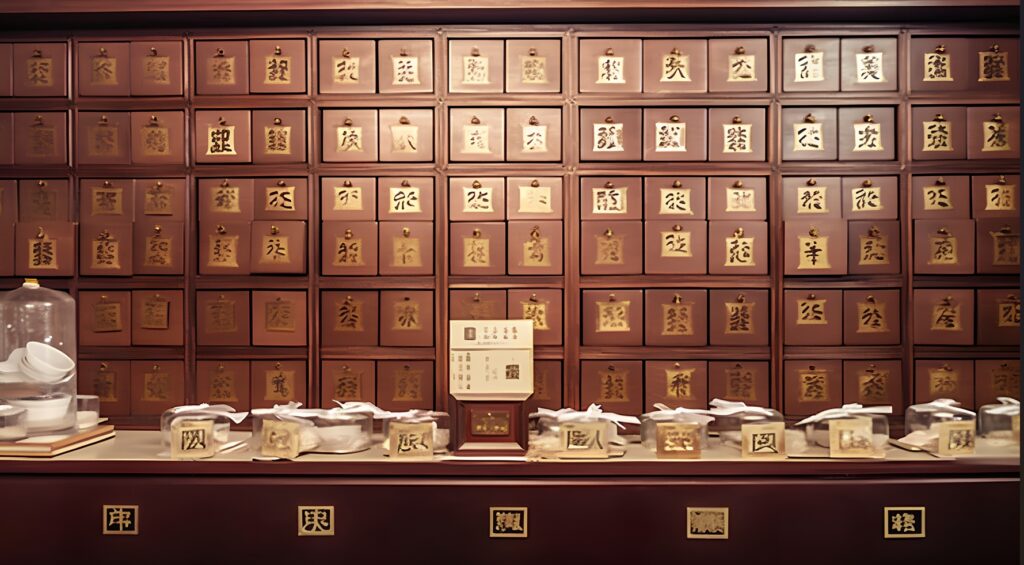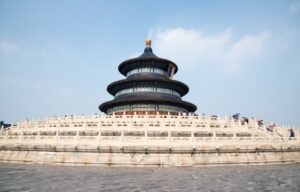Traditional Chinese Medicine Treatment for Alzheimer’s Disease
Alzheimer’s disease is a progressive degenerative brain disorder characterized primarily by symptoms such as memory loss, cognitive decline, and mood instability. While modern medicine has made some progress in the diagnosis and treatment of Alzheimer’s disease, its therapeutic effects are not satisfactory, and drug treatments often come with serious side effects. Therefore, an increasing amount of research has begun to focus on the application of traditional Chinese medicine (TCM) in the treatment of Alzheimer’s disease.

TCM Understanding of Alzheimer’s Disease
TCM believes that Alzheimer’s disease is caused by deficiencies in the brain’s qi and blood, leading to neurological dysfunction due to inadequate mental nourishment. According to TCM theory, the occurrence of Alzheimer’s disease is related to multiple factors, including genetics, emotional imbalance, and unhealthy lifestyle habits. The key to TCM treatment for Alzheimer’s disease lies in regulating qi and blood, nourishing the spirit, and devising individualized treatment plans based on the specific symptoms of patients.
Research Progress on Chinese Herbal Medicine Treatment for Alzheimer’s Disease
In recent years, an increasing amount of research has shown that Chinese herbal medicine has certain therapeutic effects on Alzheimer’s disease. For example, some Chinese herbs with properties that tonify qi and blood and nourish the nerves have been found to significantly improve cognitive function in Alzheimer’s patients. Ginseng, Angelica sinensis (Danggui), and Lycium barbarum (Gouqi) are widely used in the treatment of Alzheimer’s disease.
Furthermore, certain Chinese herbal formulations have been proven to have a protective effect against Alzheimer’s disease. For instance, compound formulas such as Compound Rehmannia Pill (Fufang Dihuang Wan) and Brain-Nourishing and Calming Pill (Bunao Anshen Wan) have been found to delay the progression of Alzheimer’s disease and improve patients’ quality of life.
Acupuncture Treatment for Alzheimer’s Disease
In addition to herbal medicine, acupuncture, as an important treatment modality in TCM, is widely used in the treatment of Alzheimer’s disease. Research has shown that acupuncture can improve cognitive function in Alzheimer’s patients by regulating the body’s qi and blood circulation and enhancing brain blood flow. Acupoints such as Baihui (GV20), Dazhui (GV14), and Fengchi (GB20) are commonly used in acupuncture treatment for Alzheimer’s disease.
Moxibustion Treatment for Alzheimer’s Disease
Apart from acupuncture, moxibustion is also used in the treatment of Alzheimer’s disease. Moxibustion, by exerting a warming effect, promotes the circulation of qi and blood, harmonizes yin and yang, and thus alleviates symptoms in Alzheimer’s patients. Some studies have found that combining moxibustion with medication can improve the quality of life of Alzheimer’s patients and reduce the severity of their symptoms.
Prospects and Challenges of TCM Treatment for Alzheimer’s Disease
Although TCM has shown some potential in the treatment of Alzheimer’s disease, it still faces several challenges. Firstly, the mechanism of TCM treatment for Alzheimer’s disease is not fully understood and requires further research. Secondly, the efficacy of TCM treatment for Alzheimer’s disease is influenced by individual differences, necessitating the development of personalized treatment plans. Additionally, there is still insufficient clinical evidence for TCM treatment of Alzheimer’s disease, requiring more clinical studies to validate its efficacy.
In conclusion, TCM has shown some potential in the treatment of Alzheimer’s disease, but further research and clinical validation are needed. With the continuous advancement of science, TCM is expected to play an increasingly important role in the treatment of Alzheimer’s disease.










